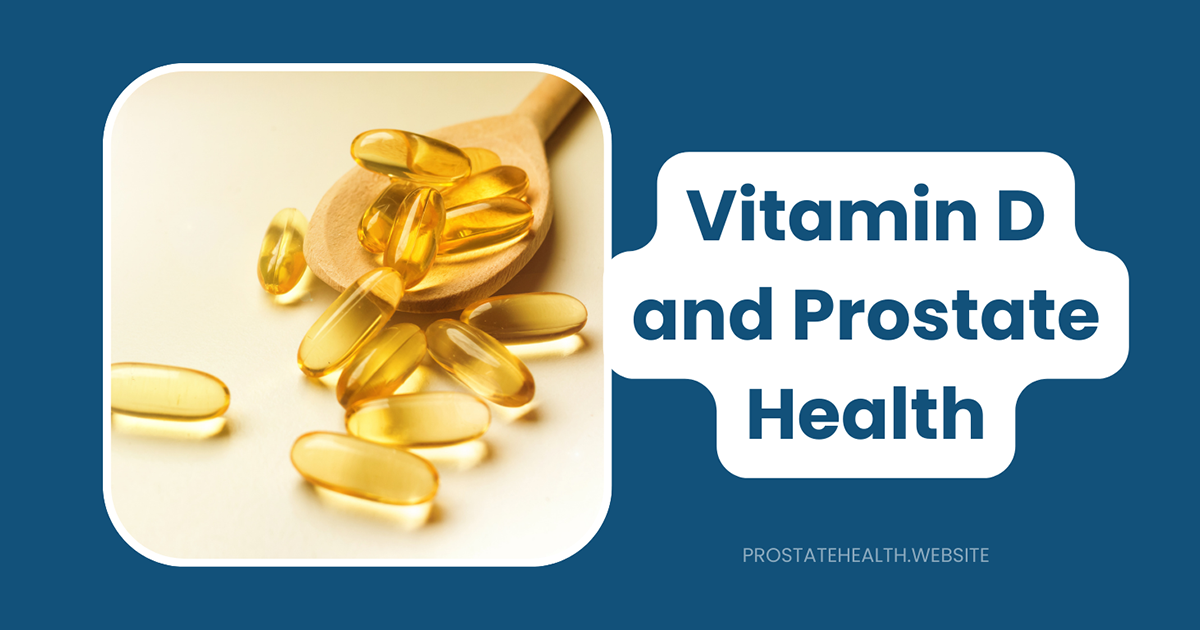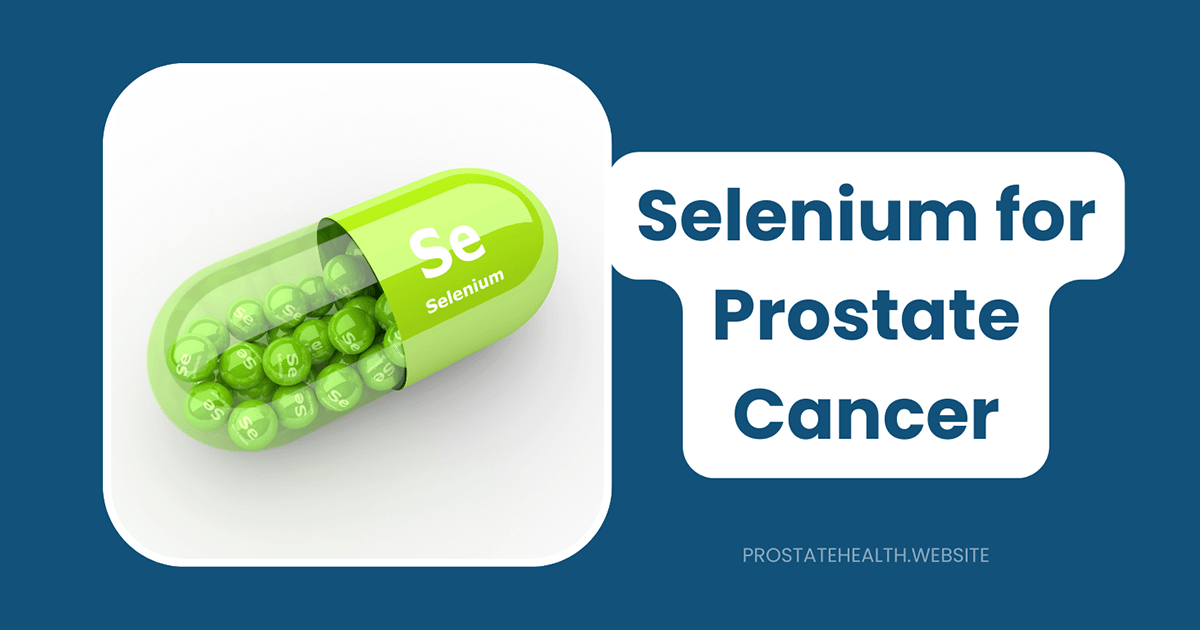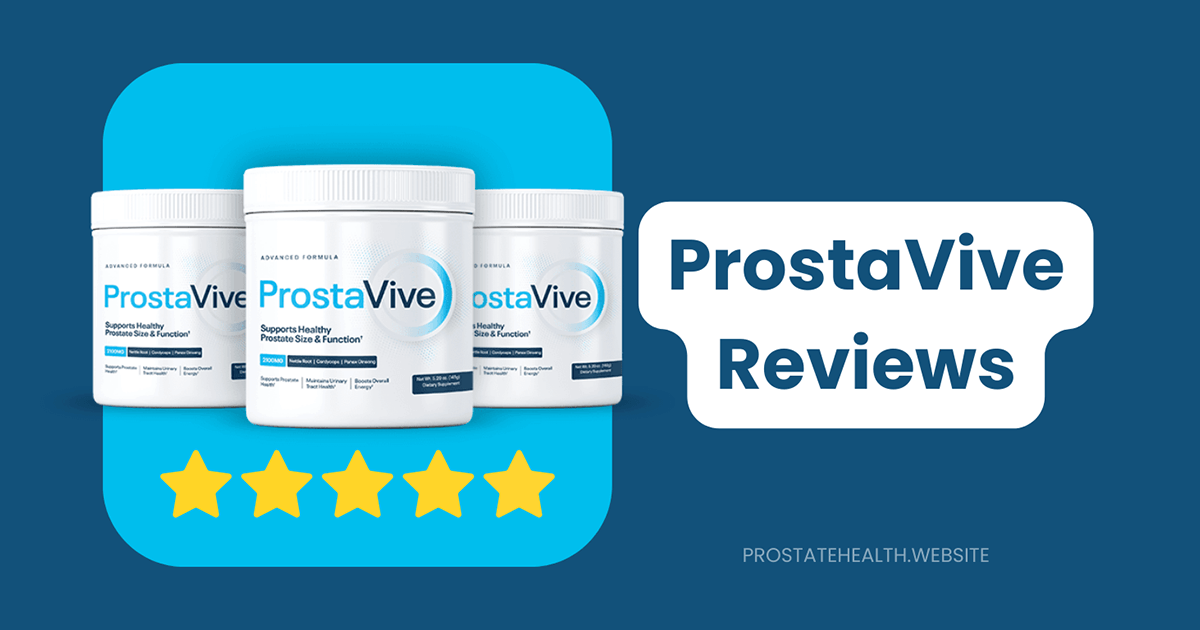Vitamin D Deficiency and Prostate Health: The Connection Explained

When we talk about prostate health, the conversation typically revolves around regular screenings, exercise, and diet. But there’s another critical factor that deserves our attention: vitamin D. Often called the “sunshine vitamin,” its relationship with prostate health has become increasingly clear in recent years.
As someone who’s dedicated to men’s health education, I’ve followed the research on vitamin D and prostate health with great interest. The evidence suggests that this nutrient may play a more significant role in protecting your prostate than previously thought.
Understanding Vitamin D: More Than Just Bone Health
Before diving into the prostate connection, let’s understand what vitamin D actually is and why it matters.
Vitamin D is a fat-soluble vitamin that functions more like a hormone in the body. While we can obtain small amounts from foods like fatty fish, egg yolks, and fortified products, our bodies produce most of our vitamin D when our skin is exposed to sunlight.
This nutrient serves several crucial functions:
- Regulates calcium and phosphorus absorption
- Supports immune system function
- Reduces inflammation
- Influences cell growth and differentiation
- Modulates neuromuscular function
The recommended daily allowance (RDA) for vitamin D is:
- 600 IU (15 mcg) for adults up to age 70
- 800 IU (20 mcg) for adults over 70
However, many experts believe these recommendations may be too low for optimal health, particularly for prostate protection.
The Vitamin D-Prostate Connection: What Research Reveals
Prostate Cancer Risk and Progression
Multiple studies have examined the relationship between vitamin D levels and prostate cancer. Here’s what the research tells us:
- Risk Reduction: A 2024 meta-analysis published in Endocrine Connections found that higher circulating levels of vitamin D were associated with a 9% reduction in prostate cancer-specific mortality for every 20 nmol/L increase in vitamin D levels.
- Aggressive Disease: Men with vitamin D deficiency appear more likely to develop aggressive forms of prostate cancer. This is particularly concerning for men with other risk factors.
- Racial Disparities: According to research from Cedars-Sinai Medical Center, vitamin D deficiency may contribute to the higher rates of aggressive prostate cancer seen in African American men, who are twice as likely to die from prostate cancer compared to men of European descent.
- Treatment Response: Emerging research suggests that adequate vitamin D levels may improve response to certain prostate cancer treatments, potentially overcoming chemoresistance in advanced cases.
“The evidence increasingly points to vitamin D as a key player in prostate cancer prevention and management. What’s particularly interesting is how vitamin D appears to influence the tumor microenvironment, potentially making cancer cells more responsive to treatment.” – Dr. William Nelson, Johns Hopkins Kimmel Cancer Center
Benign Prostatic Hyperplasia (BPH) and Inflammation
Vitamin D doesn’t just affect cancer risk—it also appears to influence benign prostate conditions:
- Prostate Volume: A 2023 study found that men with vitamin D deficiency had significantly larger prostate volumes (42 mL vs. 28 mL) compared to those with adequate levels.
- Urinary Symptoms: The same research revealed that vitamin D-deficient men scored higher on the International Prostate Symptom Score (IPSS), indicating more severe urinary symptoms.
- Inflammation Reduction: Vitamin D has anti-inflammatory properties that may help reduce prostatic inflammation, a contributor to both BPH and prostate cancer.
- PSA Levels: Men with vitamin D deficiency tend to have higher PSA levels, which can be an indicator of prostate inflammation or disease.
How Vitamin D Protects Your Prostate: The Mechanisms
The protective effects of vitamin D on prostate health operate through several biological mechanisms:
1. Cell Differentiation and Growth Regulation
Vitamin D helps prostate cells mature properly. Cancer cells typically remain immature and continue to divide uncontrollably. By promoting cell maturation, vitamin D may help prevent the unchecked cell division characteristic of cancer.
The prostate contains vitamin D receptors (VDRs) that allow the vitamin to influence cellular processes directly.
2. Anti-Inflammatory Effects
Chronic inflammation is a known risk factor for both BPH and prostate cancer. Vitamin D helps suppress inflammatory pathways, particularly the nuclear factor kappa B (NF-κB) signaling pathway, which is often overactive in prostate cancer.
Research published in Oncotarget found that men with prostate cancer had lower vitamin D receptor expression and higher markers of inflammation compared to healthy controls.
3. Immune System Modulation
Vitamin D enhances the function of immune cells that help identify and eliminate abnormal cells before they can develop into cancer. This immune surveillance is crucial for preventing cancer initiation and progression.
4. Androgen Regulation
Some research suggests that vitamin D may help regulate androgen (male hormone) activity in the prostate, potentially reducing the stimulatory effects that can drive prostate growth and cancer progression.
Are You at Risk for Vitamin D Deficiency?
Despite its importance, vitamin D deficiency is surprisingly common, affecting an estimated 40% of American adults. You may be at higher risk if you:
- Have darker skin (melanin reduces vitamin D production)
- Live in northern latitudes with less sun exposure
- Work indoors during daylight hours
- Regularly use sunscreen (which blocks vitamin D production)
- Are over 70 (aging skin produces less vitamin D)
- Have certain digestive disorders that affect nutrient absorption
- Are obese (vitamin D can get sequestered in fat tissue)
Common symptoms of vitamin D deficiency include:
- Fatigue and general weakness
- Bone and muscle pain
- Mood changes, including depression
- Impaired wound healing
- Increased susceptibility to infections
However, many men with vitamin D deficiency experience no obvious symptoms, making blood testing the only reliable way to assess your status.
Optimizing Your Vitamin D Levels for Prostate Protection
Testing: Know Your Numbers
Before supplementing, it’s important to know your current vitamin D status. Ask your healthcare provider for a 25-hydroxyvitamin D blood test, the standard measure of vitamin D levels.
Optimal levels for prostate health appear to be between 30-50 ng/mL (75-125 nmol/L), though some experts suggest that levels up to 60 ng/mL may provide additional benefits.
Sunlight: The Natural Source
The most natural way to boost vitamin D is through sensible sun exposure:
- Aim for 10-30 minutes of midday sun exposure several times weekly
- Expose arms, legs, or back for more efficient production
- People with darker skin may need 3-5 times longer exposure
- Balance sun exposure with skin cancer prevention
Dietary Sources: Food First
While diet alone rarely provides sufficient vitamin D, these foods can help:
- Fatty fish (salmon, mackerel, sardines)
- Egg yolks (particularly from pasture-raised chickens)
- Mushrooms exposed to UV light
- Fortified foods (milk, orange juice, cereals)
Supplementation: When and How Much
For many men, especially those at higher risk for deficiency, supplementation may be necessary:
- Standard dosing: 1,000-2,000 IU daily is often recommended for maintenance
- Deficiency correction: 5,000-10,000 IU daily for 8-12 weeks may be needed initially (under medical supervision)
- Prostate cancer prevention: Some research suggests 4,000 IU daily may be beneficial
A groundbreaking study published in the Journal of Clinical Endocrinology & Metabolism found that men with early-stage prostate cancer who took 4,000 IU of vitamin D3 daily for one year showed improvements in their follow-up biopsies, with 55% experiencing a decrease in positive cores or Gleason score.
For BPH, research indicates that correcting vitamin D deficiency may help reduce prostate volume and improve urinary symptoms. A 2023 randomized controlled trial found that men receiving vitamin D supplementation experienced significant improvements in IPSS scores and maximum urinary flow rates compared to those receiving placebo.
“Always consult with your healthcare provider before starting any supplement regimen, especially if you have existing prostate conditions or are taking medications.”
Beyond Vitamin D: A Comprehensive Approach to Prostate Health
While optimizing vitamin D is important, it’s just one piece of the prostate health puzzle. For comprehensive protection, combine it with:
- Regular screening: Follow age-appropriate PSA testing guidelines
- Anti-inflammatory diet: Emphasize fruits, vegetables, healthy fats, and limit processed foods
- Regular exercise: Aim for at least 150 minutes of moderate activity weekly
- Maintain healthy weight: Obesity is linked to both BPH and aggressive prostate cancer
- Limit alcohol: Excessive alcohol consumption may worsen BPH symptoms and increase cancer risk
- Stay hydrated: Proper hydration supports overall prostate function
- Manage stress: Chronic stress can worsen inflammation throughout the body
The Future of Vitamin D in Prostate Health
Research into vitamin D and prostate health continues to evolve. Exciting developments include:
- Vitamin D analogs: Scientists are developing modified forms of vitamin D that may provide enhanced prostate protection with fewer side effects
- Personalized recommendations: Genetic testing may help determine optimal vitamin D levels based on individual genetic profiles
- Combination therapies: Research suggests vitamin D may enhance the effectiveness of conventional prostate cancer treatments
- Prevention strategies: Public health initiatives may eventually include vitamin D optimization as part of prostate cancer prevention recommendations
Taking Action: Your Prostate Health Plan
Here’s a simple action plan to incorporate vitamin D into your prostate health strategy:
- Get tested: Ask your doctor for a 25-hydroxyvitamin D blood test
- Optimize naturally: Increase sensible sun exposure and vitamin D-rich foods
- Supplement wisely: If needed, choose a high-quality vitamin D3 supplement (cholecalciferol)
- Monitor results: Retest after 3-6 months of supplementation to ensure you’re reaching optimal levels
- Stay informed: Keep up with the latest research on vitamin D and prostate health through reliable sources
- Discuss with your healthcare team: Include vitamin D as part of your prostate health discussions, especially if you have existing conditions
Remember, vitamin D is not a magic bullet, but rather an important component of a comprehensive approach to prostate health. By addressing this often-overlooked nutrient, you may gain significant protection against both benign and malignant prostate conditions.
The Bottom Line: Don’t Underestimate the Sunshine Vitamin
The evidence connecting vitamin D deficiency to prostate health problems continues to strengthen. While more research is needed to establish definitive guidelines, the current data suggests that maintaining optimal vitamin D levels may provide significant protection for your prostate.
Given vitamin D’s safety profile when used appropriately and its numerous other health benefits, ensuring adequate levels represents a low-risk, potentially high-reward strategy for men concerned about prostate health.
Have you had your vitamin D levels checked recently? The answer could have important implications for your prostate and overall health.






